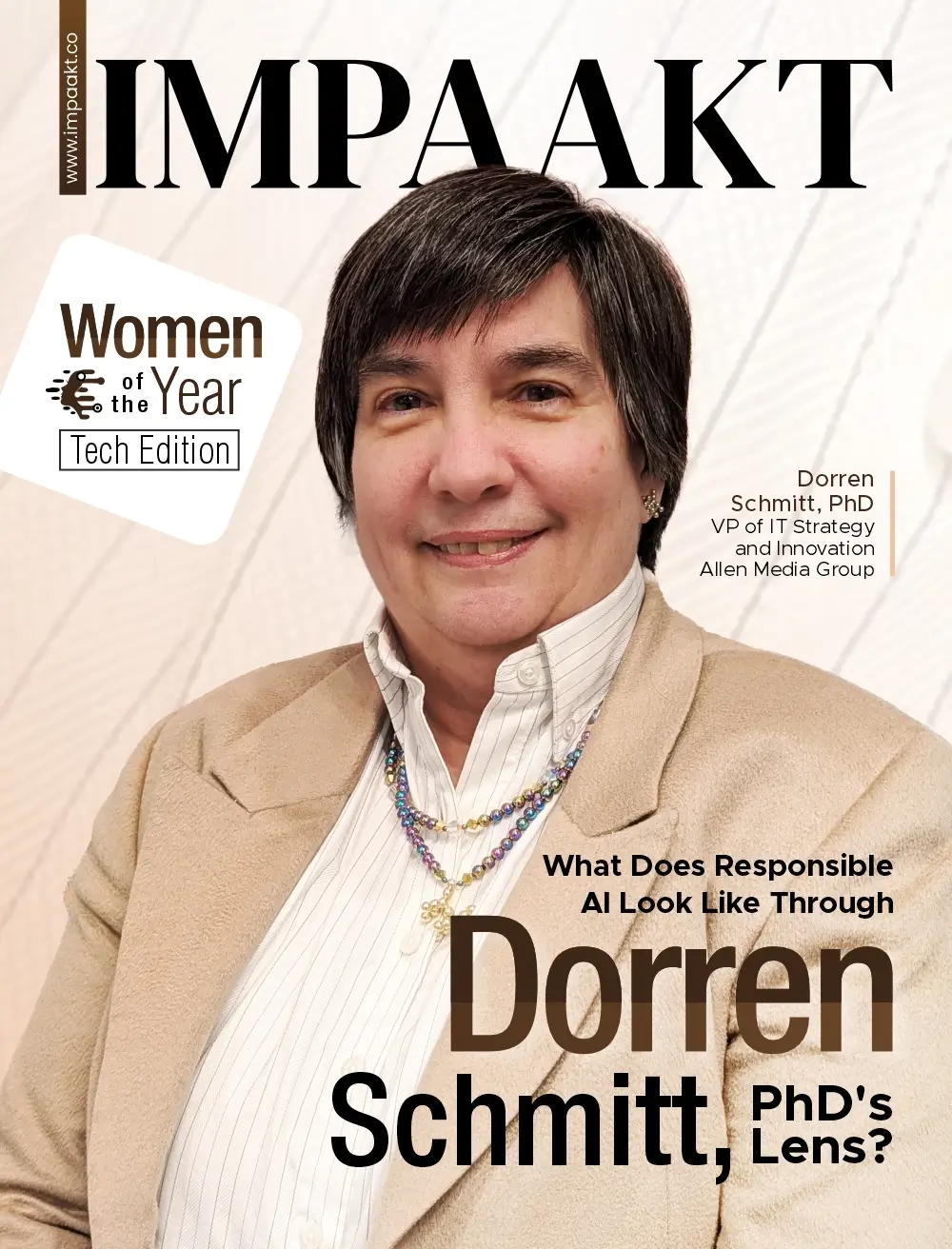After a tumultuous week that felt like a never-ending conflict between Altman and his likes and the board at OpenAI, the AI pioneer announced that Sam Altman will be reinstated as the CEO of the company. In a X post on Tuesday, Altman agreed to return as to OpenAI with a new board.
“We have reached an agreement in principle for Sam Altman to return to OpenAI as CEO with a new initial board,” declared the company, adding that the new board will be chaired by Bret Taylor. Along with Taylor, the board will be joined by Former Treasury Secretary Larry Summers, and existing director, Quora CEO Adam D’Angelo.
“We are collaborating to figure out the details. Thank you so much for your patience through this.” said the post on LinkedIn.
The circumstances surrounding Altman’s termination and subsequent reinstatement remain unclear. OpenAI’s announcement cited Altman’s lack of transparency with the board as the reason for his dismissal, leading to widespread speculation. A significant factor in Altman’s removal was reported tensions between him, advocating for an accelerated approach to AI development, and members of the original OpenAI board, who preferred a more cautious strategy, as revealed by sources cited by CNN contributor Kara Swisher.
By Monday morning, Microsoft CEO Nadella had disclosed that Altman and co-founder Greg Brockman would be heading a new AI research division at Microsoft. OpenAI appointed former Twitch chief Emmett Shear as interim CEO. However, a mass resignation threat from nearly all OpenAI employees pressured the board to reconsider. Altman was reinstated as CEO, with Brockman also returning to OpenAI.
The outcome suggests that Microsoft and Altman emerged as the primary beneficiaries. Altman resumes leadership with a presumably more supportive board, while Microsoft gains increased influence over OpenAI, aligning with its substantial investment in AI development. Microsoft’s CEO, Nadella, expressed optimism about the changes to the OpenAI board, emphasizing the importance of stable and informed governance.
Altman’s vision for rapid AI tool deployment and commercialization seems to have prevailed, despite his public warnings about the potential risks of AI. Although he advocated responsibly advancing OpenAI, internally, Altman pressed for faster product launches and profitability. Recently, Altman announced OpenAI’s plan to make ChatGPT-like tools accessible for public use, emphasizing collaboration with Microsoft to integrate similar technology into Microsoft’s products.
Furthermore, discussions between OpenAI and iPhone designer Jony Ive about securing a $1 billion investment from SoftBank for an AI device to replace smartphones have reportedly taken place. Altman’s return signifies a continuation of his push for swift AI advancement and commercialization within OpenAI.











